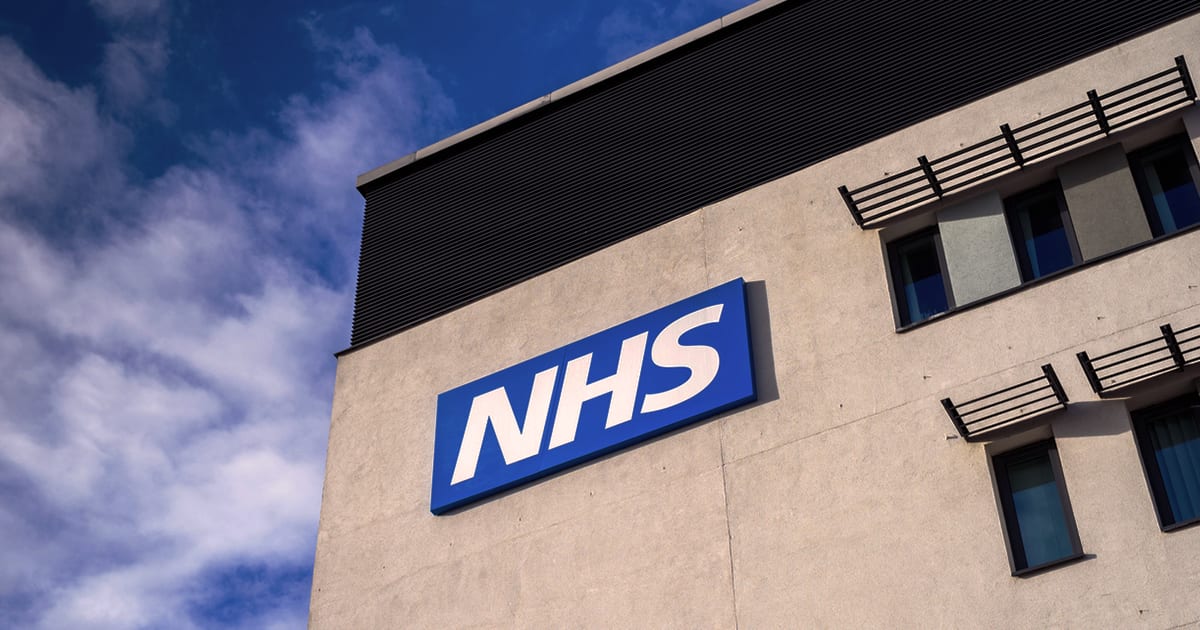Britain’s NHS guarantees free healthcare to its 65 million citizens. It’s a noble idea that has both inspired and infuriated American political commentators from across the pond. Yet in recent years the system has come under unprecedented strain, in part due to funding problems, in part due to an aging population which has stretched medical resources across the globe.
When winter and the associated health problems hit the UK this year, the NHS almost reached breaking point. 150,000 patients had to wait over half an hour at the Accident & Emergency (A&E) ward. Winter is over, and yet the problems continue with an anticipated 6.2 million A&E visits to look forward to through the rest of the year; over 750,000 (that’s more than 10%) of whom are expected to face wait times of up to four hours!
For people suffering from horrific injuries and acute illnesses, this is clearly an unacceptable situation. Many will limp away from emergency rooms facing permanent health problems that could have been avoided if the medical attention they so desperately sought had been available when they needed it. “People are dying in the hallways!” a senior consultant told CNN in January, when over 2 million patients needed NHS care.
Winter Is Over, Yet the Problems Continue
It was hoped that the NHS crisis would ease up following the winter strain, however the problems are deeply entrenched and seem unlikely to abate. While even the US – with its politically charged opposition to state funded healthcare – spends 17.2% of GDP on medical services for its citizens, Britain lags far behind other G7 countries. The spending gap looms large, as reported by the Guardian:
“The [National Medical] association estimates that health funding in England is more than £7bn a year lower than comparable European countries, and the gap could rise to more than £11bn over the next three years.”
When Brexit was sold to the British people, grandiose promises were made that money supposedly shipped off to other European countries would be kept at home and spent to patch up the crumbling National Health Service. Brexiteers appeared to quickly back away from those promises they moment their unexpected victory occurred.
Desperate Times Have Lead to Desperate Measures
Instead of increasing funding, the NHS is attempting to pull itself together with “far-fetched” alternatives, such as sending adults to children’s wards when crowding reaches its limit!
Writing for The Independent, NHS consultant Ravi Jayaram outlines a litany of perils facing the NHS, including the simple fact that hospitals lack even the beds on which to deposit ill patients. He explains that the fundamental issue is that supply has outstripped demand. And yet the problem is not to be blamed on Australian flu, tired doctors or nurses. Jayaram places blame entirely on the political establishment:
“It is entirely down to the Department of Health focusing so much on financial targets that the point of what we are trying to do is being lost. The health service is there for the patients who need it. We seem to be in a situation where the patients have become something of an expensive inconvenience who drain state resources.”
Republicans In America See the NHS as a Failure
The dire situation in Britain has been seized upon by American lawmakers, eager to point to the disaster as an argument against socialized healthcare. Even Donald Trump chimed in, Tweeting on February 5 of this year:
“The Democrats are pushing for Universal HealthCare while thousands of people are marching in the UK because their U[niversal] system is going broke and not working. Dems want to greatly raise taxes for really bad and non-personal medical care. No thanks!”
Beyond funding issues, one of the causes of the NHS crisis is the system itself. With the world facing a major doctor shortage, primary care is lacking across Britain – a problem shared by many other developed and developing nations with aging populations.
Instead of a simple primary care visit which could nip a potentially minor health issue in the bud, patients either wait until the problem becomes an emergency, or attend the emergency room anyway, putting their own health at risk and placing further strain on an already overburdened system.
70 Years On, the NHS Faces a Three-Pronged Attack
The NHS was founded 70 years ago with a grand principle in mind. Regardless of your age, your wealth, your position in society, you can seek free medical care when you need it the most. But things have changed since 1948. Today, 18% of Britain’s population is aged 65 and older. This means a disproportionate number of people are seeking healthcare compared to those who remain in the workforce and are able to provide it.
We see therefore that the NHS is facing a triple assault: a lack of funds, an aging population, and organization errors have stretched a once venerable institution to the point of collapse. It’s not only the patients who are suffering. General practitioners are “on their knees,” says Ghislaine Stephenson, a senior pediatric nurse at Whipps Cross University Hospital in East London. Emergency room doctors are going to work in battle-ground conditions, working horrifically long shifts, and coming home exhausted – sometimes in need of medical care themselves!
The Medical World Needs to Adapt to The 21st Century
At QUPI, we know it’s going to take more than rhetoric to fix the NHS. What we can do is help prevent the crisis from worsening for future generations. If more doctors were able to join the workforce, then a major underlying cause of the catastrophe would be removed. Demand for medical care will continue to increase, so we must act to increase the supply by training more doctors and keeping them healthy, energetic and motivated.
This is why we work to put the joy back into medical education, and make it easier for anyone with the ambition, the drive and the talent to become a doctor gain their qualifications, enter the profession, and provide healthcare to those in need.













